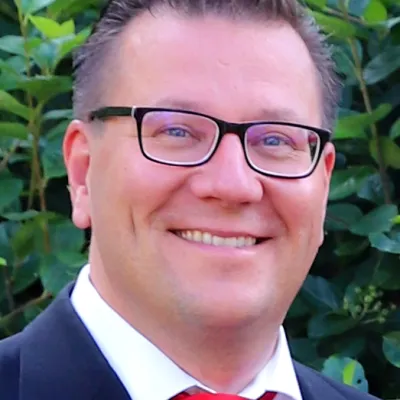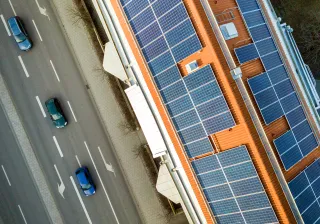KONE, Nokia, YIT, Caverion, Halton, Netox and VTT have founded an ecosystem known as KEKO. The project is supported by funding from Business Finland and its goal is to create the global standard in building data ecosystems and a smart platform for other parties to tap into. The platform will enable the collection, analysis and automatic application of data in building maintenance and design.
In developed countries, people spend up to 90% of their time indoors. Buildings are also the source of over a third of the EU’s carbon dioxide emissions. As buildings play such an important role in our society, the data generated by buildings is extremely valuable.
The KEKO ecosystem aims to significantly improve the comfort, productivity and sustainability of buildings by integrating the data of all the technical systems in the built environment to a single platform.
“Solutions and services designed for smart buildings will become increasingly connected. They will form ecosystems and create new value for customers and better experiences for building users. In KEKO we will build a digital platform, together with the best industry players in Finland. We will use the smart building data to innovate new solutions that will predict the needs of building users, and make these environments more functional and responsive. At KONE, our mission is to improve the flow or urban life and KEKO supports this perfectly,” says Rauno Hatakka, Head of KONE’s Technology Management unit.
The ecosystem’s founding members are KONE, a global leader in the elevator and escalator industry, Nokia, which offers a comprehensive portfolio of network equipment, software, services and licensing opportunities across the globe, YIT, a city developer and builder, Caverion, a building technology company, Halton provider of indoor air systems and integrated, human-centric lighting solutions, as well as Netox, an IT and cyber security company. The research partner and coordinator of the project is VTT.
The ultimate goal, however, is to grow the ecosystem beyond the founding members. SMEs with smart building expertise are invited to take part in different KEKO projects.
“There is an unprecedented amount of building data as well as companies and organisations producing it in the world today. By making the data easily available in one platform for players of all sizes and points of view, we are opening whole new possibilities for creating human-centric indoor environments. These environments will offer smart comfort, security, sustainability and profitability. The KEKO partnership fits nicely to the core of Halton’s business: we want to be a part of producing the world’s best indoor environments where people feel great,” says Halton Group’s Strategy and Business Development Director Mika Nieminen.
A hundred new ways to make life smoother in smart buildings
KEKO is a two-year project, which begins with the identification of one hundred new use cases for building data. After that, possible solutions are developed and tested.
The use cases have been identified by monitoring the everyday activities of building users and operators. The identification of possible use cases has been ongoing since the end of 2019.
The use cases will then be used as the foundation for developing concepts for potential digital solutions. The concepts are already incorporating the buildings’ own data as well as external data. Ultimately, the viability and feasibility of the concepts will be validated in 2020 and 2021. Business Finland has provided funding for the project.
KEKO is consortium that develops a dynamic and efficient ecosystem around building data. The founding members of the consortium are KONE, Nokia, YIT, Caverion, Halton, VTT and Netox, and the project is funded by Business Finland. The ecosystem was founded in 2019 and the first use cases will be completed during the first part of 2020.





